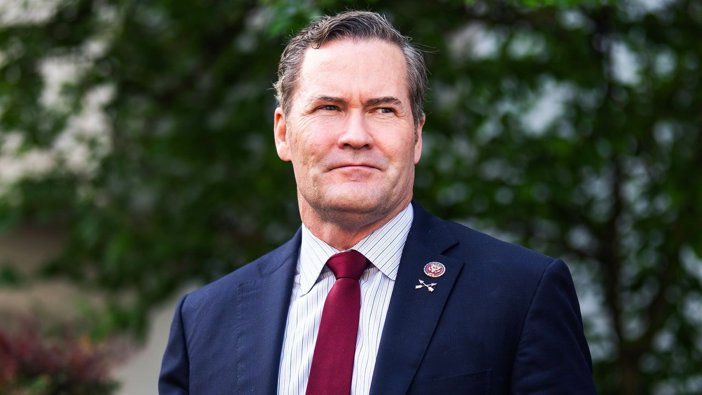
Waltz Used Gmail for Government Work
United States National Security Adviser Mike Waltz and several members of his staff have reportedly used personal Gmail accounts to communicate about government matters, including sensitive military topics. The Washington Post published the claims on Tuesday, citing emails it obtained and statements from three U.S. officials.
According to the report, a senior aide to Waltz used Gmail to correspond with officials from other agencies regarding classified military positions and advanced weapons systems. Waltz himself is said to have stored “less sensitive, but exploitable information” on his personal account, including his schedule and official documents.
Gmail is not regarded as secure for government communications, especially in comparison to encrypted platforms like Signal. The use of unsecured personal email accounts for official work has raised significant concerns about potential breaches of national security protocols.
National Security Council spokesman Brian Hughes responded to the report, asserting that there was no evidence supporting the claims made in the article. “Waltz didn’t and wouldn’t send classified information on an open account,” Hughes stated, emphasizing that the national security adviser adheres to appropriate information handling procedures.
This incident adds to a recurring debate over the appropriate use of communication tools within government operations and the risks associated with unsecured channels. The allegations also highlight the continued scrutiny of cybersecurity practices within the Trump administration.
It remains unclear whether a formal investigation will be launched into the matter or if any policy changes will follow to prevent similar cases in the future. Security experts warn that even non-classified but sensitive data, when exposed through less secure platforms, can present serious national security implications.
As the story develops, both the National Security Council and other federal agencies may face pressure to reevaluate internal communication protocols and ensure full compliance with federal security standards.






